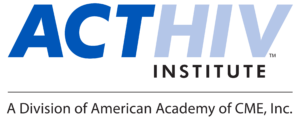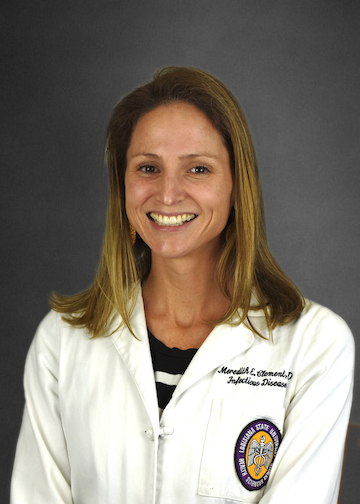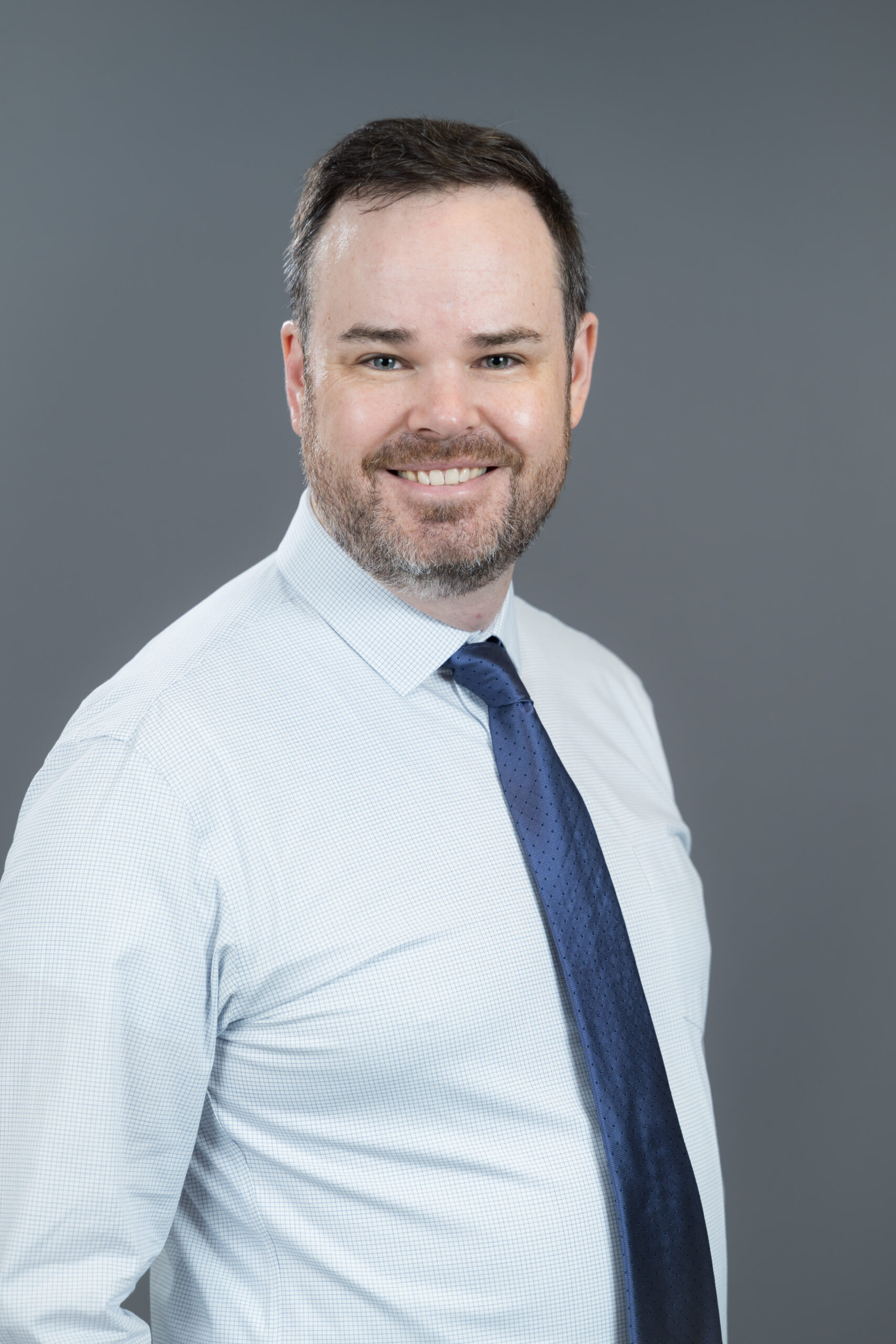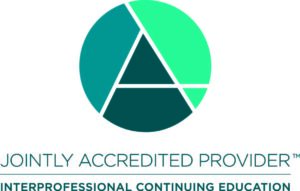Case Studies in Improving HIV Prevention through Current and Emerging Strategies
|
Release Date: November 5, 2025 |
 |
Support for this activity has been made possible through educational grants from Gilead Sciences and Merck. |
Webinar Highlights:
HIV pre-exposure prophylaxis (PrEP) is a proven tool for preventing HIV — yet it remains significantly underused. This high-impact, case-based webinar will equip you with real-world strategies to confidently initiate and sustain PrEP for diverse patient populations. Through this interactive, practical CME/CE activity, you’ll learn how to:
- Identify and overcome common individual- and system-level barriers
- Integrate PrEP into routine care to expand your reach
- Improve access and uptake among cisgender women, a population too often left out of PrEP conversations
Whether you’re a physician, advanced practice provider, nurse, or pharmacist, you’ll leave with actionable approaches to immediately enhance your team’s HIV prevention efforts.
Learning Objectives:
- Identify common patient- and system-level barriers that hinder PrEP uptake and long-term use.
- Assess and integrate current and emerging tools and strategies with your team to overcome PrEP barriers in clinical practice.
- Implement evidence-based strategies for initiating PrEP in CIS gender women and improving persistence across all populations.
What You Can Expect:
- Practical Application of the Science: Our expert faculty educators will guide you through this engaging and informative program, and offer suggestions on how you can apply best practices to patient care.
- Patient-Centered Care: Learn from faculty who are directly involved in patient care about strategies for providing compassionate care that addresses individuals’ unique needs and challenges.
- Team Focused: Explore how HIV clinicians from multiple professions are collaborating to optimize patient care.
By participating, you’ll not only enhance your professional development but also be better prepared to contribute as an HIV team member toward better healthcare outcomes for your patients.
Activity Faculty:
 |
 |
|
Meredith Clement, MD Associate Professor of Clinical MedicineInfectious Diseases Section, LSUHSC Louisiana State University New Orleans, LA |
Christopher B. Fox, MSN, RN, ANP-BC, AAHIVS Assistant Professor of Medicine and nurse practitioner |
| Meredith Clement, MD, joined the LSU faculty as a physician scientist following the completion of her internal medicine and infectious diseases training at Duke University. Her academic interest lies in the prevention of HIV and sexually transmitted infections (STIs) in priority populations, including racial/ethnic and gender minority populations in the South with a particular focus on how to reduce the burden of HIV infection by maximizing the impact of pre-exposure prophylaxis (PrEP). She has been involved in PrEP related research since 2014 |
Christopher B. Fox, MSN, RN, ANP-BC, AAHIVS is an Assistant Professor of Medicine and nurse practitioner in the Division of General Internal Medicine and Geriatrics at Oregon Health & Science University. With more than a decade of experience in HIV prevention and treatment, Mr. Fox is a nationally recognized clinician-educator and advocate for health equity. Mr. Fox’s work focuses on expanding access to HIV and hepatitis C care, particularly for marginalized and underserved populations. His primary clinic practice is in HIV primary care and consultation at the OHSU HIV Clinic. He is the clinical lead for the OHSU Tele-PrEP Program, a pioneering initiative that delivers statewide HIV pre-exposure prophylaxis (PrEP) through a partnership between telemedicine and home infusion pharmacy services. He is a clinician with the Peer Assisted Telemedicine for Hepatitis C and Syphilis (PATHS) program, which provides telemedicine hepatitis C treatment to people in rural Oregon. A frequent national speaker, Mr. Fox has delivered invited presentations at the American Conference for the Treatment of HIV (ACTHIV), the Association of Nurses in AIDS Care annual conference, and online through Clinical Care Options. He authored a textbook chapter on HIV care for non-specialists in Collins-Bride & Saxe’s Clinical Guidelines for Advanced Practice Nursing. He also serves on the National Board of Directors for the American Academy of HIV Medicine and co-chairs its Northwest Chapter. Mr. Fox received his training at the University of California, San Francisco. |
Target Audience:
Accreditation and Credit Designation

In support of improving patient care, American Academy of CME, Inc. is Jointly accredited by the Accreditation Council for Continuing Medical Education (ACCME), the Accreditation Council for Pharmacy Education (ACPE), and the American Nurses Credentialing Center (ANCC), to provide continuing education for the healthcare team.
Physicians:
American Academy of CME, Inc., designates this enduring material for a maximum of 1.0 AMA PRA Category 1 CreditsTM. Physicians should claim only the credit commensurate with the extent of their participation in the activity.
NPs and Nurses:
American Academy of CME, Inc., designates this educational activity for 1.0 ANCC contact hours (1.0 pharmacotherapeutic contact hours).
California
Provider approved by the California Board of Registered Nursing, Provider Number CEP16993 for 1.0 contact hours.
Physician Assistants:
American Academy of CME, Inc. has been authorized by the American Academy of PAs (AAPA) to award AAPA Category 1 CME credit for activities planned in accordance with AAPA CME Criteria. This activity is designated for 1.0 AAPA Category 1 CME credits. Approval is valid until November 5, 2026. PAs should only claim credit commensurate with the extent of their participation.
All other members of the care team will receive a certificate of participation.
Disclosures
According to the disclosure policy of the Academy, all faculty, planning committee members, editors, managers and other individuals who are in a position to control content are required to disclose any relationships with any ineligible company(ies). The existence of these relationships is not viewed as implying bias or decreasing the value of the activity. Clinical content has been reviewed for fair balance and scientific objectivity, and all of the relevant financial relationships listed for these individuals have been mitigated.
Faculty Educator/Planner Disclosures
Meredith Clement, MD: Advisory Board/Consultant: ViiV Healthcare; Grant/Research Support: ViiV Healthcare, Gilead Sciences, Merck; Honoraria (non-CME talks): Gilead Sciences, ViiV Healthcare
Christopher B. Fox, MSN, RN, ANP-BC, AAHIVS: Grant/Research Support: ViiV Healthcare
Planning Team Disclosures:
Jonathan Colasanti, MD; Courtney Fletcher, PharmD; Jose Gutierrez, PhD, FNP-BC; Margaret Hoffman-Terry, MD, FACP, AAHIVS; John JD Juchniewicz, MCIS, CHCP, FACEHP; H. Nina Kim, MD, MS; Natalie Kirkwood, RN, BSN, JD; Daiquiri Y. Robinson, MEd, Matthew Young: No relevant financial relationships to disclose.
Christopher Evans, MD: Grant/Research Support: ViiV Healthcare
William R. Short, MD, MPH: Advisory Board/Consultant – ViiV Healthcare, Gilead Sciences
This activity includes information about off-label uses of approved agents and/or investigational agents.
The opinions expressed in this accredited continuing education activity are those of the faculty, and do not represent those of the Academy/ACTHIV® Institute. This educational activity is intended as a supplement to existing knowledge, published information, and practice guidelines. Learners should appraise the information presented critically, and draw conclusions only after careful consideration of all available scientific information.
Implicit Bias
Implicit bias refers to unconscious attitudes and stereotypes that influence our thoughts, judgements, decisions, and actions without our awareness. Everyone is susceptible to implicit bias, even clinicians. In healthcare, implicit biases can have a significant impact on the quality of care an individual receives. These biases can be both favorable and unfavorable, and are activated involuntarily without an individual’s awareness or intentional control.
Studies have indicated that healthcare providers’ incorrect perceptions can impact providers’ communications and clinical decision-making contributing to disparities in clinical outcomes. Addressing implicit biases in healthcare is critical to improving health outcomes and promoting health equity for all patients. Patient-centered care can reduce the impact of implicit bias, by treating each patient as a unique individual who may or may not hold beliefs associated with their backgrounds and circumstances. In addition, recognizing implicit bias in one’s own practice using techniques such as self-reflection and mindful clinical decision-making can ensure more equitable and effective care to all patients.
Over the past several decades, cognitive science research has demonstrated human behavior, beliefs and attitudes are shaped by automatic and unconscious cognitive processes. The healthcare profession is devoting greater attention to how these automatic and unconscious processes impact care including: (1) preferential treatment toward or against specific patient populations causing healthcare inequities, (2) influence patient-provider communications leading to misunderstandings and mistrust, and (3) impact access to healthcare and affect treatment decisions resulting in misdiagnosis, delays in treatment and specialty referrals and poor pain management.
Considering one might have unconscious biases and exploring them may be uncomfortable because the very idea that they exist may conflict with how clinicians perceive themselves. It is only by becoming aware of one’s unconscious biases that members of the healthcare team can take steps to mitigate them to ensure all their patients are treated receive quality healthcare. For more information on strategies to reduce implicit bias, visit: https://www.ihi.org/library/blog/how-reduce-implicit-bias
Instructions on How to Receive Credit
There are no fees to participate in the activity. Participants must review the activity information including the learning objectives and disclosure statements, as well as the content of the activity. To receive CME/CE credit for your participation, please complete the post-assessment and program evaluation. Your certificate will be available for printing immediately.
Privacy and Contact
For more information about the American Academy of CME privacy policy, please access http://www.academycme.org/privacy.htm For any questions, please contact: [email protected].
Hardware/Software Requirements
This program should be viewed at a resolution of 1024 x 768 or higher using current versions of Microsoft Internet Explorer, Firefox, Chrome or Safari. A high-speed Internet connection is recommended.
Copyright
© 2025. This accredited continuing education activity is held as copyrighted © by American Academy of CME. Through this notice, permission is granted for its use for educational purposes only. These materials may not be used, in whole or in part, for any commercial purposes without prior permission in writing from the copyright owner(s).
